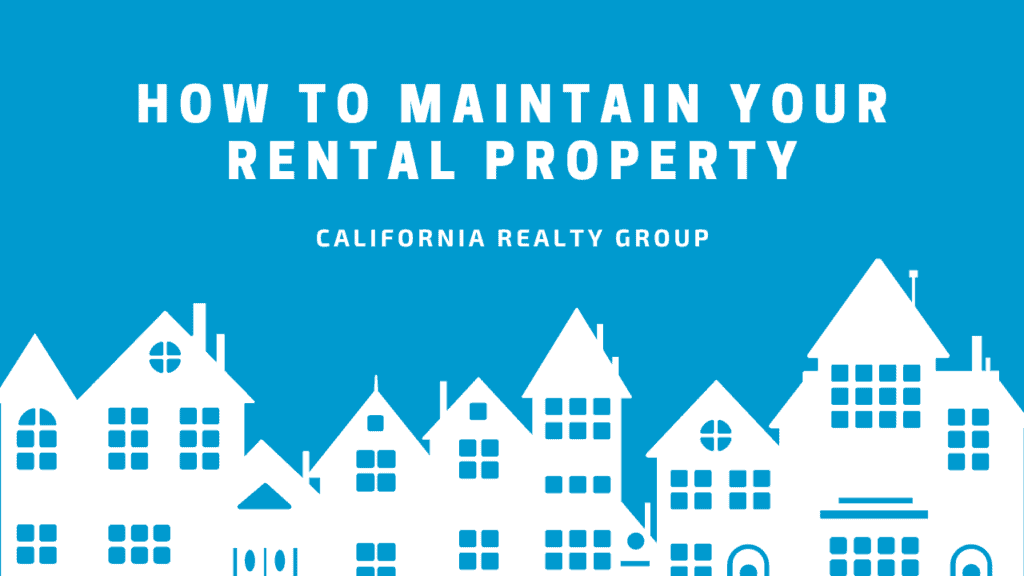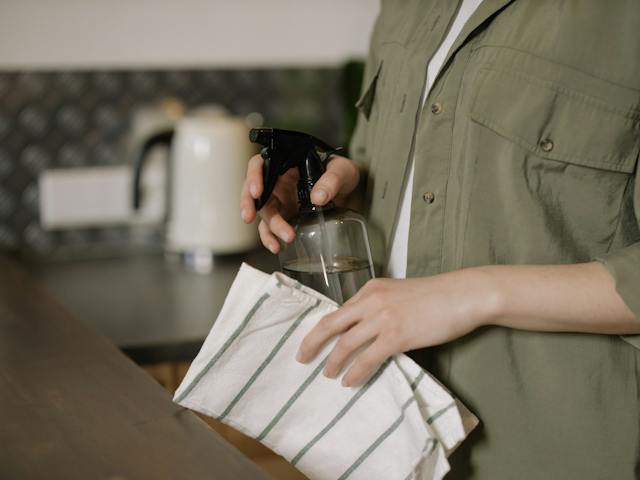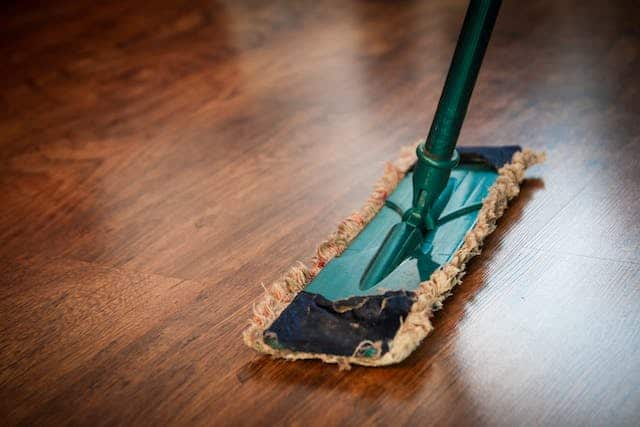How to Maintain Your Rental Property

From regular upkeep to addressing repairs quickly, being proactive can save you time and money down the road. In this article, we’ll guide you through simple and practical steps to maintain your rental property efficiently, helping you protect your investment and keep tenants satisfied long term.
List of Landlord’s Property Maintenance Responsibilities
As a landlord, maintaining your property isn’t just about keeping it in good shape. It’s essential for ensuring tenant satisfaction and staying compliant with legal obligations. Here’s a list of key maintenance responsibilities every landlord should prioritize.
1. Provide Appropriate Trash Disposal Options
As a landlord, it’s your responsibility to ensure that tenants have access to proper trash receptacles. These should be sufficient in size and number to handle the garbage your tenants produce.
Providing trash bins not only keeps the property clean but also helps prevent issues like pests, unpleasant odors, and health hazards. Regular trash collection should be scheduled, and tenants should be informed of the rules regarding waste disposal to ensure everyone does their part in keeping the property clean.
2. Ensure Access to Running Water
A key responsibility for landlords is to make sure that running water is available in their rental properties. This includes both hot and cold water, essential for daily activities like cooking, bathing, and cleaning.

3. Adhere to All Building Regulations
Landlords need to keep their properties in line with local building codes. These regulations cover everything from electrical wiring to structural integrity, ensuring the property is safe and livable.
Staying up-to-date with these codes not only protects tenants but also helps avoid hefty fines or legal issues. Building codes may change over time, so regular inspections are crucial. If you plan to renovate or upgrade any part of the property, it’s important to get the necessary permits and follow legal guidelines.
4. Keep Common Areas Clean and Safe
If your rental property has common areas like hallways, staircases, or lobbies, it’s your job to maintain them. These shared spaces need to be kept clean, well-lit, and free from hazards like broken flooring or loose handrails.

5. Ensure Vital Services Are Operational
Essential services like heating, cooling, and electricity must always be in working order. It’s your responsibility to make sure these critical systems are well-maintained and functioning as expected. Regular inspections of these services can help you catch potential issues before they become emergencies.
Without functioning heating in winter or air conditioning in hot climates, tenants could suffer, and this could even violate lease agreements or local housing laws. Prioritizing the upkeep of vital services keeps tenants happy and reduces turnover.
6. Encourage Tenants to Report Problems Immediately
Promptly addressing maintenance issues is key to avoiding bigger and more expensive problems later on. Encourage tenants to report any problems, no matter how small, as soon as they arise. Leaks, electrical issues, or pest infestations, for example, can worsen over time if not addressed quickly.
Make it easy for tenants to contact you or a maintenance team by providing clear instructions on how to report issues. By fostering open communication, you can fix problems efficiently, keeping both your property and your tenants safe and satisfied.
7. Keep Common Areas Clean
Common areas such as hallways, lobbies, stairwells, and shared outdoor spaces reflect the overall condition of your property. Keeping these areas clean is essential not only for the comfort of current tenants but also for attracting new ones.

Bottom Line
Maintaining your rental property doesn’t have to be overwhelming if you stay proactive and organized. By keeping up with regular maintenance and addressing issues promptly, you can ensure your property stays in great condition, keeping tenants happy and protecting your investment.
However, if managing these tasks feels like too much, hiring a professional can make a big difference. California Realty Group is here to help! With expert property management services, they can handle the day-to-day upkeep and tenant concerns, giving you peace of mind and more time to focus on other things.
